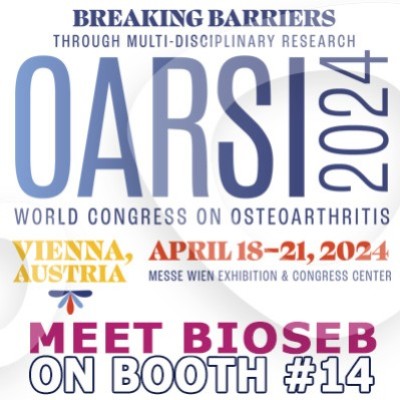Authors
Carvalho JC, Lisboa PC, de Oliveira E, Peixoto-Silva N, Nobre JL, Fraga MC, Manhães AC, Moura EG
Lab
Laboratory of Endocrine Physiology, Roberto Alcantara Gomes Biology Institute, State University of Rio de Janeiro, Rio de Janeiro, RJ 20551-031, Brazil.
Journal
Neuropeptides.
Abstract
Previously, we demonstrated that maternal prolactin inhibition at the end of lactation, using bromocriptine (BRO), leads to an increase in leptin transfer via milk and induces the adult progeny to present hypothyroidism, leptin resistance and metabolic syndrome (obesity, hyperglycemia, hypertriglyceridemia, lower HDL). To test if these alterations are due to direct BRO action on the pups, in the present study we evaluated the long-term effects of direct injection of BRO (0.1μg/once daily) in male Wistar rats from postnatal (PN) day 1 to 10 (early treatment) or from PN11 to 20 (late treatment) on: food intake, body mass, cardiovascular parameters, hormone profile, hypothalamic leptin signaling, glucose homeostasis and thyroid hormone-dependent proteins. The respective controls were injected with methanol-saline. Offspring were killed at adulthood (PN180). Adult PN1-10 BRO-treated animals had lower food intake, hypoprolactinemia, lower leptin action (lower OBR-b, STAT-3 and SOCS-3 mRNA levels in the arcuate nucleus), lower TRH-TSH-thyroid axis as well as lower thyroid hormone markers. On the other hand, adult animals that were BRO-treated during the PN11-20 period showed hyperphagia, higher blood pressure, higher prolactinemia and OBR-b, higher TRH and plasma T3, hypercorticosteronemia as well as higher Dio2 and UCP1 mRNA expression in the brown adipose tissue. Glucose homeostasis was not changed treatment in either period. Our data show that early and late dopamine overexposure during lactation induces diverse metabolic disturbances later in life, increasing the risk of thyroid dysfunction and, consequently, changes in prolactinemia.

 Pain - Thermal Allodynia / Hyperalgesia
Pain - Thermal Allodynia / Hyperalgesia Pain - Spontaneous Pain - Postural Deficit
Pain - Spontaneous Pain - Postural Deficit Pain - Mechanical Allodynia / Hyperalgesia
Pain - Mechanical Allodynia / Hyperalgesia Learning/Memory - Attention - Addiction
Learning/Memory - Attention - Addiction Physiology & Respiratory Research
Physiology & Respiratory Research
 Pain
Pain Metabolism
Metabolism Motor control
Motor control Neurodegeneration
Neurodegeneration Cross-disciplinary subjects
Cross-disciplinary subjects Muscular system
Muscular system General activity
General activity Mood Disorders
Mood Disorders Other disorders
Other disorders Joints
Joints Central Nervous System (CNS)
Central Nervous System (CNS) Sensory system
Sensory system Bioseb on booth #14 at OARSI 2024 in Vienna
Bioseb on booth #14 at OARSI 2024 in Vienna